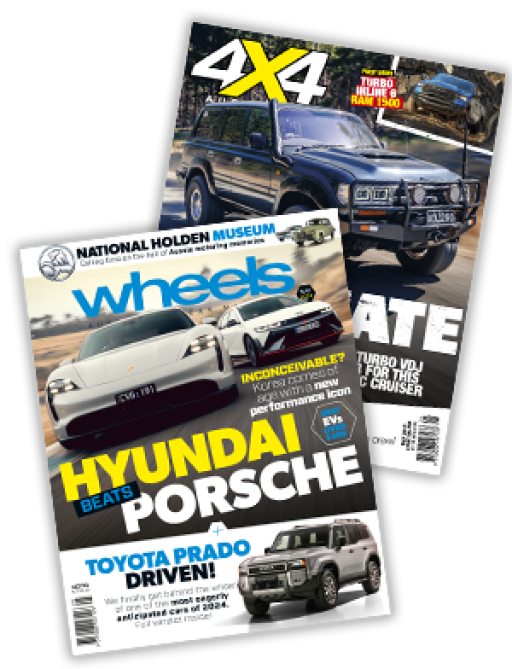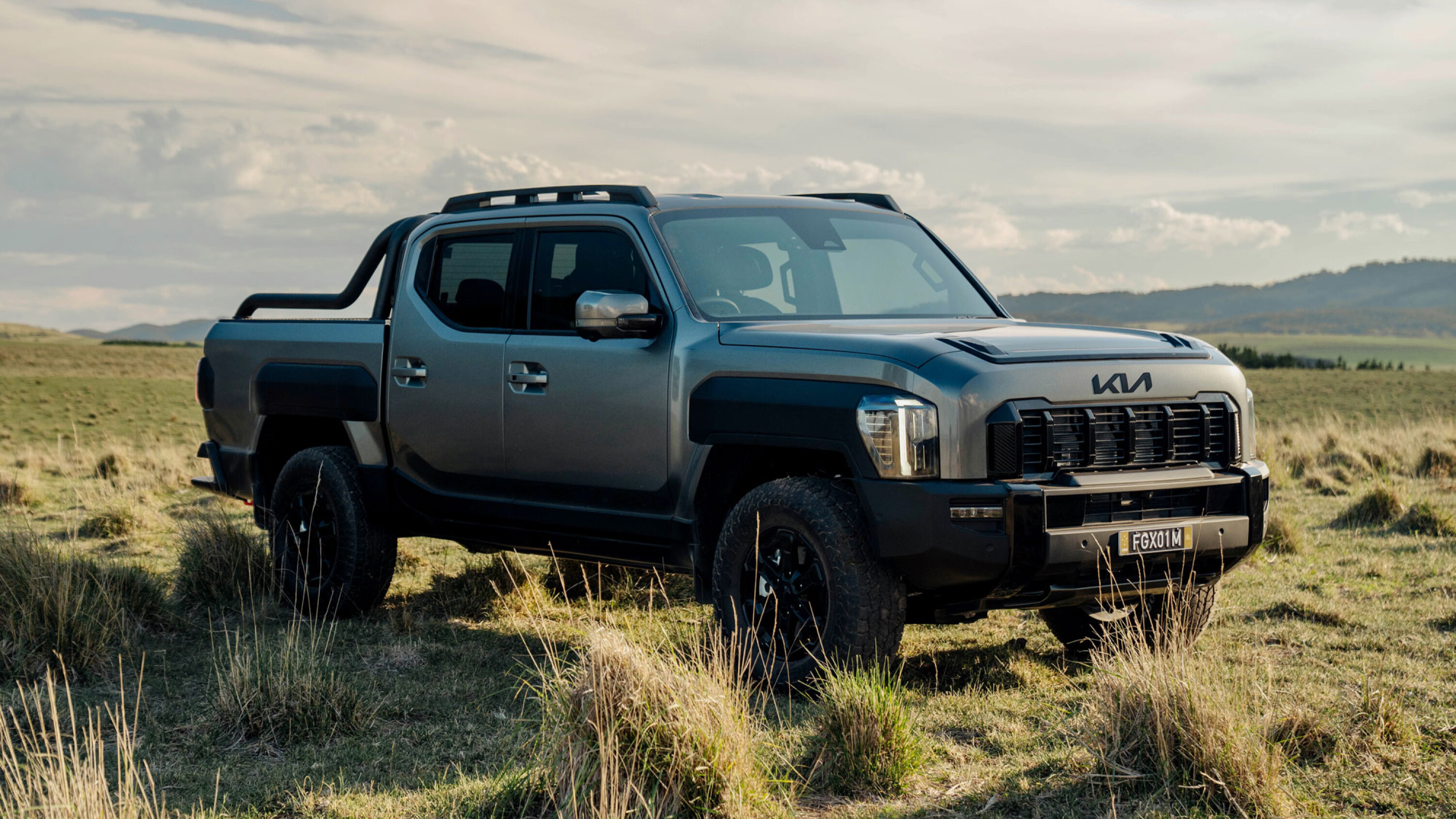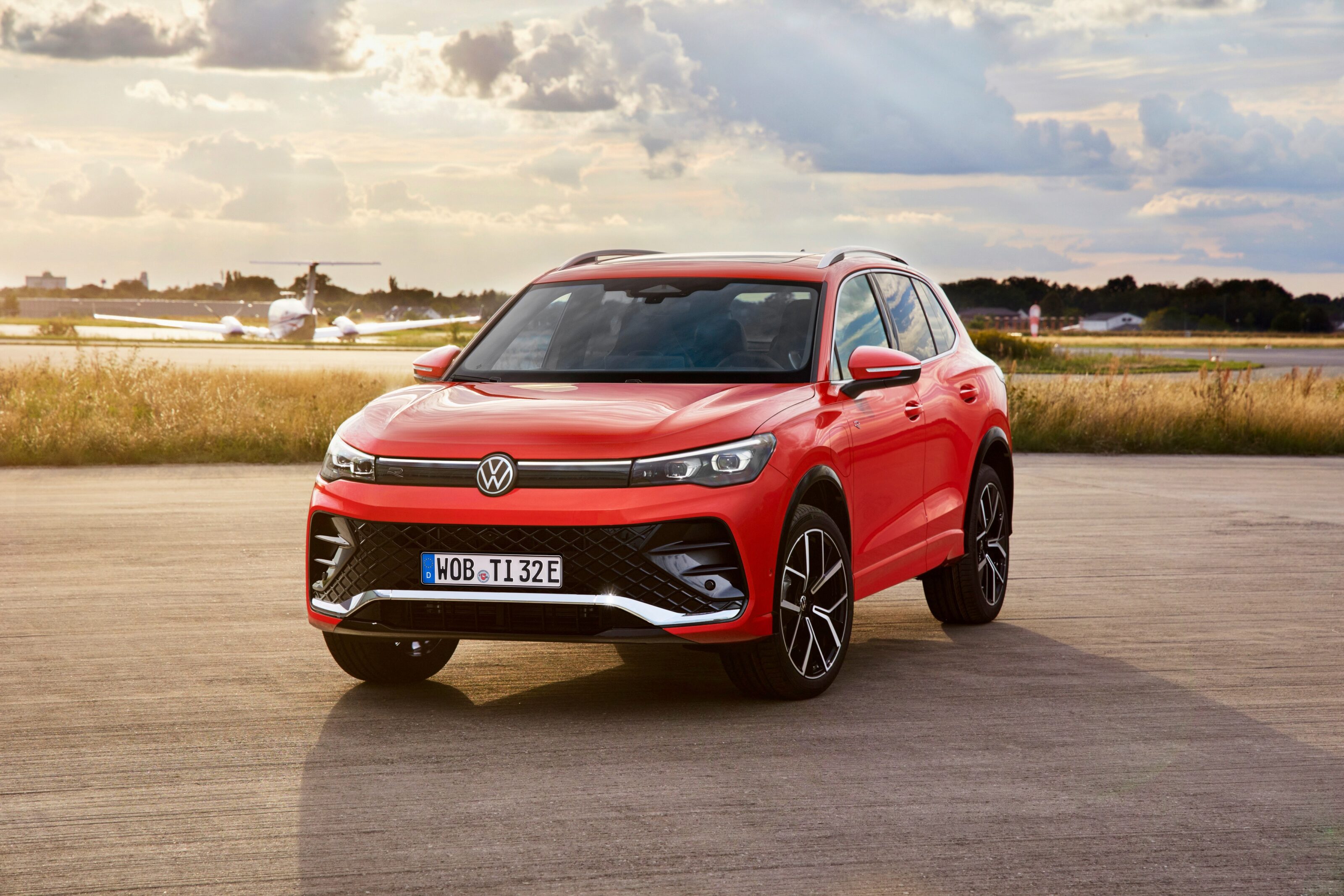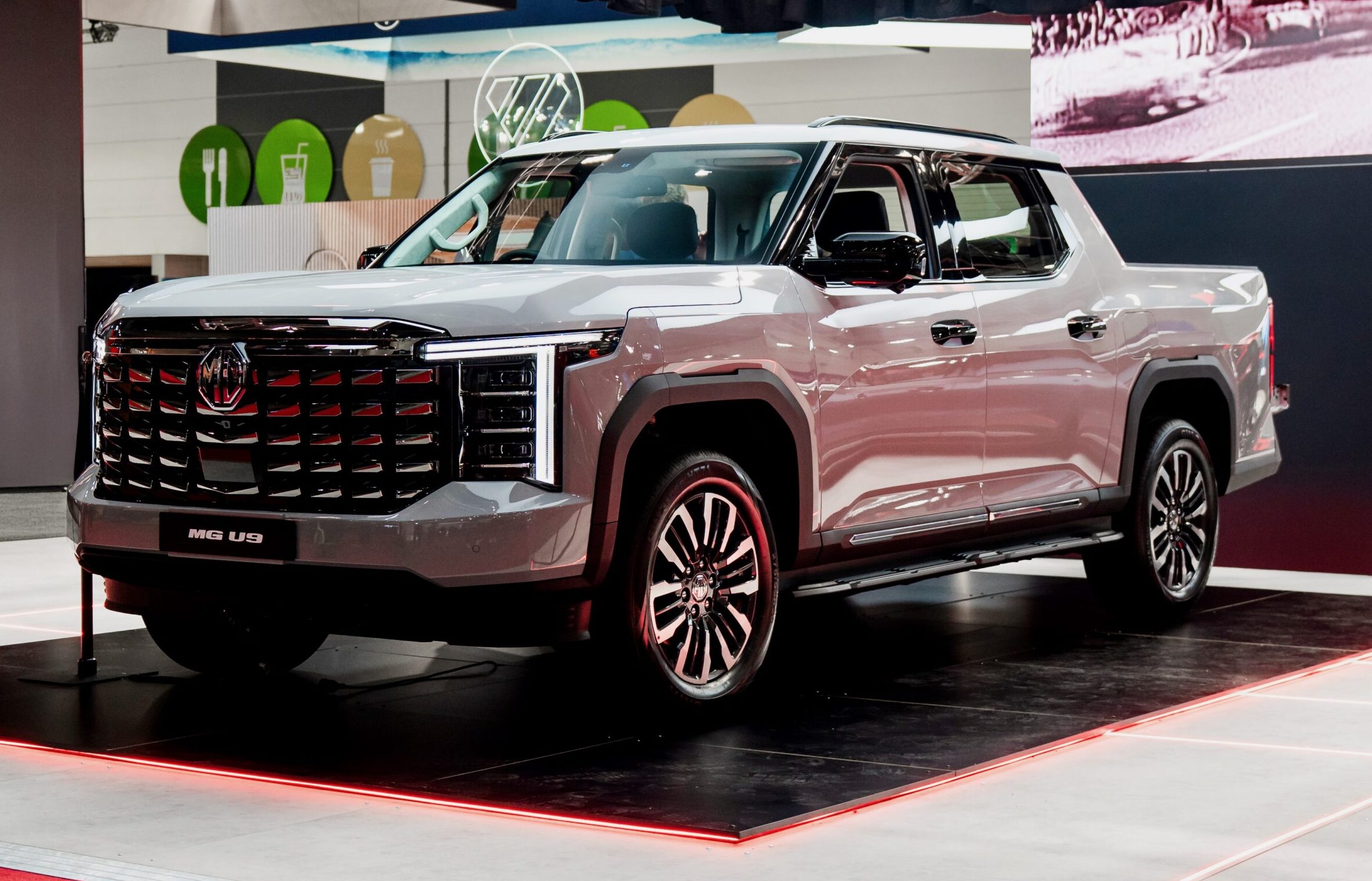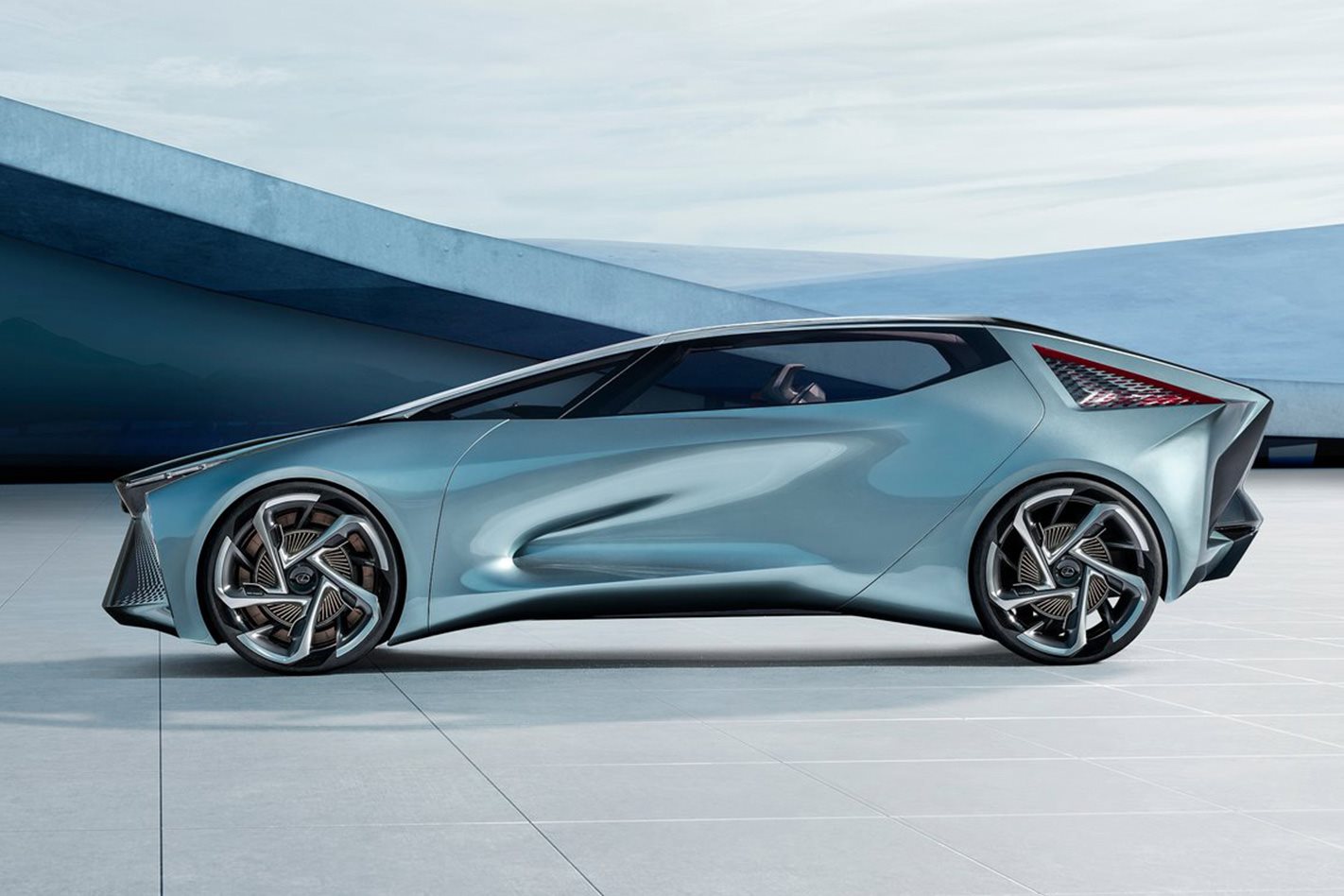
In announcing the debut of the ambitious Lexus LF30 all-electric concept at the Tokyo Motor Show, the head of Lexus’ electrification programme, Takashi Watanabe, confirmed that big-battery Lexus production cars aren’t far away.
In fact, we’ll see the first of them next month.
In a product roadmap revealed to journalists at this week’s Tokyo Motor Show, the Japanese automaker signalled a firm intent to bring a slew of alternative powertrains to its production cars over the next ten years, beginning with a purely electric version of an existing model that will be revealed in November.
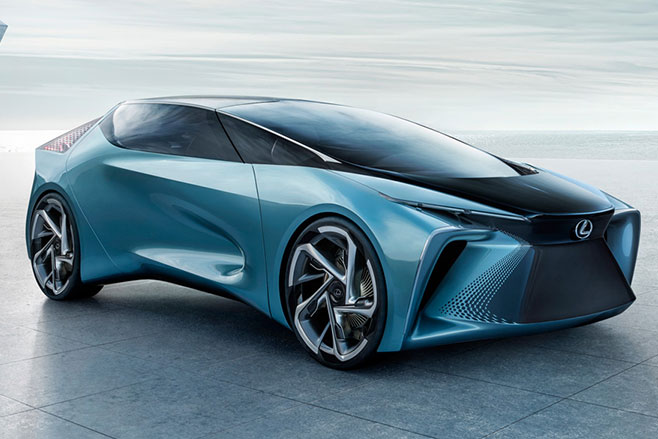
Watanabe wouldn’t give much away on which model would be the recipient of the brand’s first all-electric driveline, but with only four models in Lexus’ current lineup being based on an EV-capable platform – the Lexus UX compact hatch, ES midsize sedan, LC coupe and LS large sedan – the list of candidates is small.
Our money is on the UX: while the others very much represent the ‘old’ Lexus, the UX breaks the mould and appeals to a much younger audience, one that would arguably be far more receptive of an all-electric car. It also has a form factor that resonates with current tastes in the Chinese car market, and was deliberately styled to appeal to European buyers as well – two core markets for electric vehicles right now.
As for timing, two major auto events occur next month, the Los Angeles motor show and Auto Guangzhou. Both have good odds of being the debut venue, with LA being in the USA’s most EV-friendly state and Guangzhou being a key motor show in the largest electric car market in the world: China.
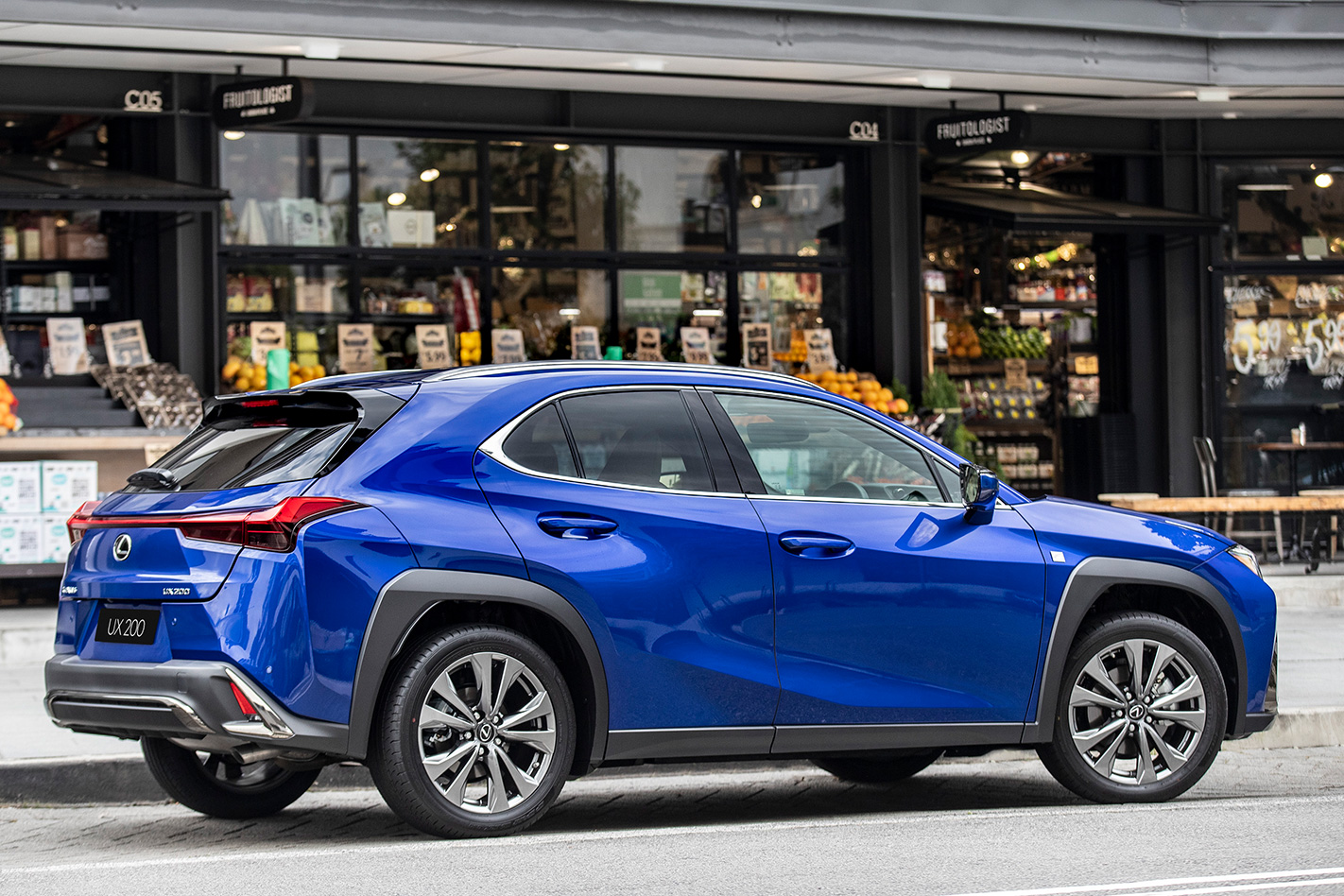
There’s also the chance that Lexus could side-step both events and do an independent unveiling, but whatever the case we won’t have long to wait to find out.
For Lexus Australia, the company’s first-ever battery electric car is one that it wants for its local showrooms.
“I’d love to take it,” said Lexus Australia boss Scott Thompson to WhichCar in Tokyo. “But the conversation will be around timing, infrastructure, regulations and global demand for the car and what they can produce.”
Asked if the Australian business case would still be strong despite the current lack of incentives for zero-emission cars, Thompson was optimistic that conditions could still be favourable.
“It’s a good question. If the product is good and the specification is good and our parent company provides it to us, then yes. We’re fairly single-minded on what an electrified vehicle has to deliver, and it’s focused around the ‘guest’. Our whole brand has been built for 30 years around treating every customer like you would a guest in your own home, so we have a guest-focused mentality.”
“So for us to bring out a form of [new] technology it must deliver it to the same high standard as our current vehicles do. We’re not just going to bring a product into the market for the sake of it, it’s going to have to deliver on all the right aspects of a Lexus vehicle.
Thompson also reiterated his company’s commitment to having an electrified version of every model in its lineup by 2025 – yes, that includes a hybridised derivative of the hulking LX SUV.
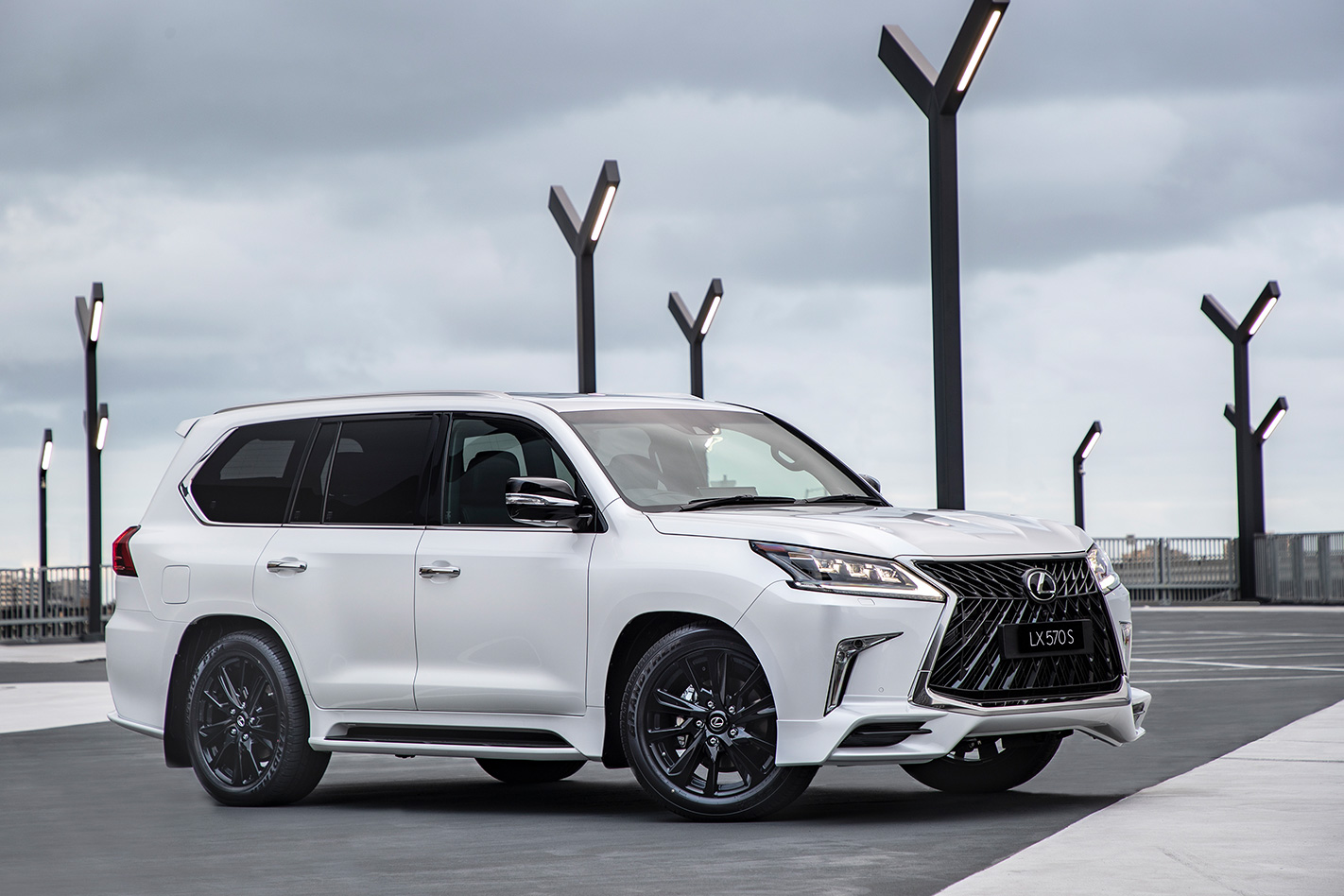
Following the on-sale debut of its first battery-electric vehicle next year, Lexus will expand its range with the introduction of its first plug-in hybrid in 2021, with an exclusively-electric vehicle built on a dedicated EV platform to arrive in the early 2020s as well. As to what form the latter may take, the LF-30 concept revealed in Tokyo this week offers some clues… but not the full picture.
